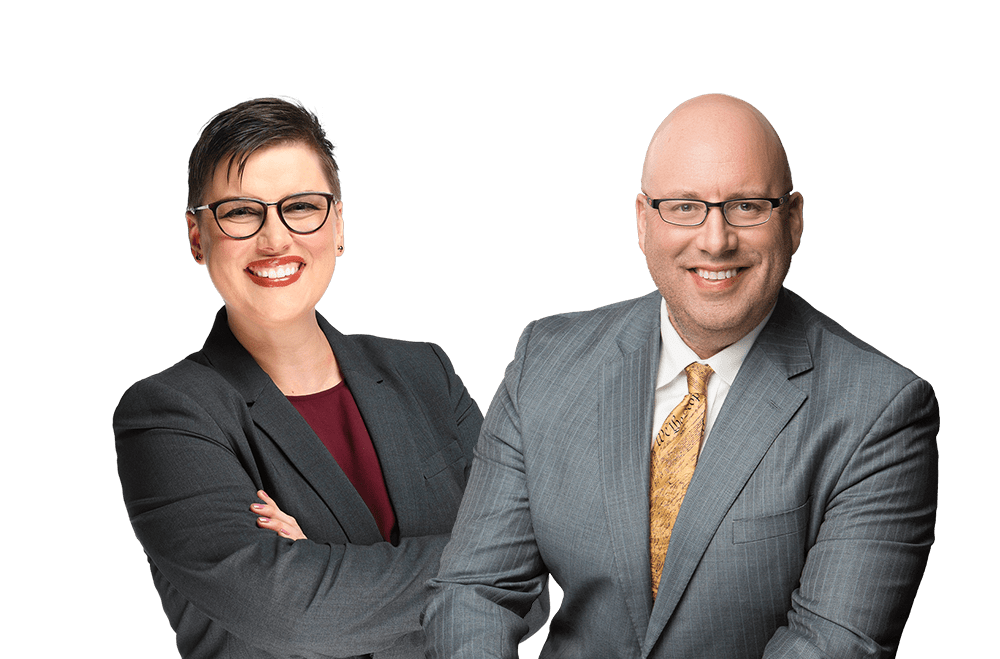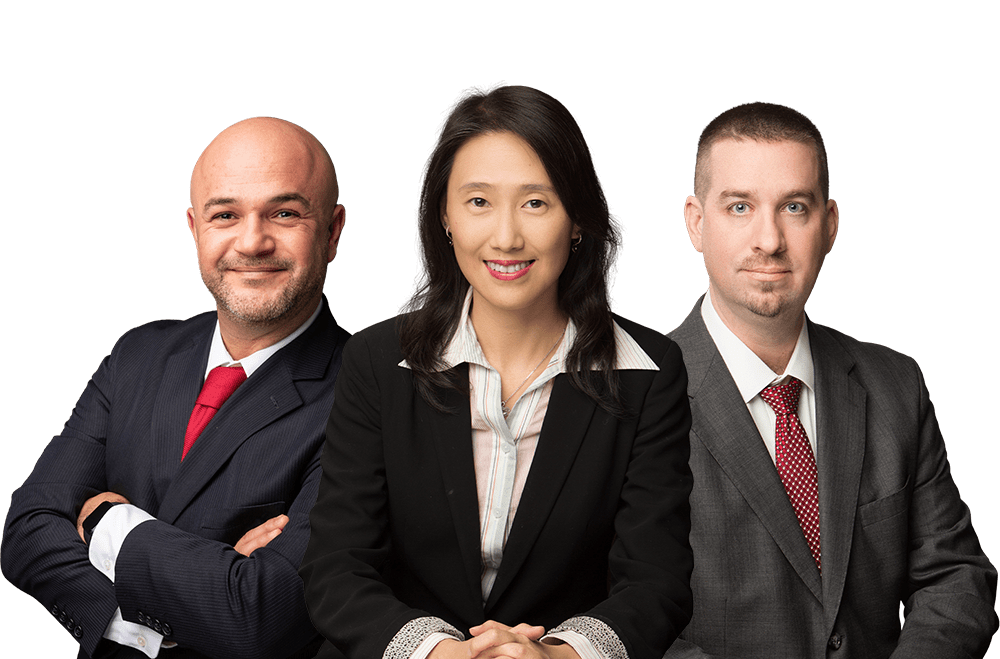USPTO Issues New Guidance on AI-Assisted Inventorship, Rescinding Its 2024 Guidance
On November 28, 2025, USPTO Director John Squires issued new guidance on AI-assisted inventorship and explicitly rescinded the February 13, 2024, guidance that had been issued by his predecessor Director Vidal. At issue is what human activity rises to the level of inventorship when a human uses an AI tool in a manner that results in an invention.
Is Writing Your Own Dictionary Dangerous? Yes.
While a patent practitioner's work may not qualify for hazard pay, significant responsibilities include imagining how a patent may be interpreted in the future and avoiding potential negative consequences arising from the words the practitioner used to describe an invention. A powerful tool in a patent professional's drafting toolbox is the ability to assign a particular definition to any term used in a patent – to act as a "lexicographer." As a lexicographer, a patent drafter has the ability to simply restate the common meaning of a term for clarity or to assign an alternate – such as an expanded or narrowed – meaning to the term. The ability to act as a lexicographer is especially useful when the drafter wishes to use a term differently than the term's "ordinary and plain meaning," but can have unintended consequences when careful attention is not given to the specific use of terminology throughout a patent specification.
"Doing the Right Thing: Ethical Responsibilities in IP Practice"
All registered patent attorneys and patent agents (registered practitioners), as well as attorneys practicing in trademark and other non-patent law matters before the USPTO, are bound by the ethical standards set forth in USPTO Rules of Professional Conduct, 37 C.F.R. § 11.101. The key ethical rules include some fundamental basics such as: 1.) Do not lie, cheat, or steal. 2.) Do not take on work you do not feel that you are competent to perform. 3.) Avoid conflicts of interest in which a new client is opposed to a current or former client.
Insights Into the AIPLA 2025 Annual Meeting
This year, the American Intellectual Property Law Association (AIPLA) hosted its Annual Meeting in downtown Washington, D.C. Though each session of the Meeting was devoted to a different substantive topic, nearly every session had one thing in common: a discussion about how artificial intelligence (AI) is affecting that area of intellectual property (IP) practice. AI-related discussions included "hot topics" in AI, AI-assisted inventorship, what copyright-friendly jurisdictions are best suited for training artificial intelligence models using copyrighted material, how to prosecute AI-related inventions when rejected under 35 U.S.C. § 101, among a long list of other topics relating to AI.
CNIPA Releases Amendments to Patent Examination Guidelines Effective January 1, 2026
The China National Intellectual Property Administration (CNIPA) recently released amended Patent Examination Guidelines that will take effect on January 1, 2026. The amendments cover a wide range of topics, including new requirements for inventor identity, ethical standards for inventions involving artificial intelligence (AI), standards for disclosure and inventiveness of algorithm or data-related inventions, examination of inventions involving bitstreams, patent protection scope for plant varieties and biological breeding, and improvements to invalidation procedures.
USPTO Proposes Dramatic Restrictions for Inter Partes Review Institution
On October 17, 2025, the United States Patent and Trademark Office (USPTO) published a notice of proposed rulemaking (NPRM) that, if accepted, would dramatically change the criteria for Inter Partes Review (IPR) institution before the Patent Trial and Appeal Board (PTAB). The NPRM proposes several new rules that would restrict the institution of IPR's in many instances. Comments on the proposed rules must be submitted by November 17, 2025. Separately, but on the same day, the USPTO director, John A. Squires, announced that he would assume authority over making all IPR and Post-Grant Review (PGR) institution decisions, an authority that has been delegated to the PTAB since the inception of IPRs.
Pending, Unexamined Utility Applications have a Short-Lived Opportunity to Jump the Line
In an effort to evaluate the impact of a limited claim set on pendency and examination quality, the USPTO launched the Streamlined Claim Set Pilot Program on October 27, 2025. Under the pilot, eligible applications accepted into the pilot will be advanced out of turn for examination until a first Office Action is issued. The program will run until October 27, 2026, or until each Technology Center dockets approximately 200 applications under the pilot.
ASAP!: A Limited Opportunity to Participate in New USPTO AI Search Pilot
The USPTO announced the launch of Artificial Intelligence Search Automated Pilot (ASAP!) that began on October 20, 2025. With a stated goal of testing the efficacy of the USPTO's new Artificial Intelligence (AI) tools, the USPTO is providing an opportunity for an automated AI search to be conducted and Automated Search Results Notice (ASRN) to be provided to applicants who petition to participate in the program. The stated goal of the pilot is to ascertain the impact of sharing the ASRN (pre-examination) on prosecution by applicants, evaluate the scalability of generating ASRNs, and collect data to inform the USPTO's next steps, such as through a survey of participants as to the usefulness of the ASRN in assessing patentability early in the examination process.
Federal Circuit Issues Simple Ruling on Patent Eligibility That Appears to Contradict Previous Decisions
Patent eligibility, as defined by 35 U.S.C. § 101, includes new and useful processes, machines, manufactures, and compositions of matter. Various Supreme Court decisions have sought to define the scope of this statute, most notably in Alice Corp. v. CLS Bank Int'l, which provided the current two-step framework for determining patent eligibility. The first step involves determining if the claimed subject matter is directed towards a judicial exception, such as an abstract idea, and the second step involves determining if the claims recite significantly more than the judicial exception. The Alice framework has been used in many court cases over the past decade, including a controversial decision issued in August of this year by the United States Court of Appeals for the Federal Circuit (CAFC).
How to Handle "Close Calls" on § 101: USPTO Provides Reminders for Patent Examiners on Evaluating Subject Matter Eligibility
On August 4, 2025, the Deputy Commissioner of Patents, Charles Kim, sent a memorandum (hereinafter "August 4 Memo") to the examining corps regarding the USPTO's subject matter eligibility guidance. The August 4 Memo includes several important reminders pertaining to examining software-related inventions as articulated in the Manual of Patent Examining Procedure (MPEP) and other USPTO guidance. In particular, the August 4 Memo provides guidance on the following topics that arise when examiners assess Step 2A of the USPTO's subject matter eligibility analysis: (a) reliance on the mental process grouping of abstract ideas; (b) distinguishing claims that "recite" a judicial exception from claims that merely "involve" a judicial exception; (c) analysis of the claim as a whole; and (d) consideration of whether a claim is directed to an improvement in the functioning of a computer or "any other technology or technical field," or whether a computer is merely being used as a tool to perform the recited abstract idea (i.e., "apply it"). In addition, the August 4 Memo includes a discussion of when a subject matter eligibility rejection should be made.




